Important information from the Early Years Hub to help early years settings understand what is required through the process of Ofsted inspection. Early Years Hub provide training and support including Ofsted Audits that enable settings to evidence their compliance with legislation and demonstrate best practice in preparation for Ofsted inspection. This blog is 1 of 6 ‘team talk’ blogs. We will look at 6 focus areas in this series, taking into account requirements of the EYFS and guidance from Ofsted. All 6 blogs can be found on both Early Years Hub and Butterfly Print Ltd’s website. We will consider the following focus areas:
Child protection, promoting children’s wellbeing, working with babies, partnership with parents, promoting children’s learning and development and supporting staff.
This third blog focusses on promoting children’s well-being.
The Early Years Foundation Stage states that:
The daily experience of children in early years settings and the overall quality of provision depends on all practitioners having appropriate qualifications, training, skills and knowledge and a clear understanding of their roles and responsibilities.
Providers therefore MUST meet the following legal requirements;
- At least one person who has a current paediatric first aid (PFA) certificate must be on the premises and available at all times when children are present, and must accompany children on outings.
- The certificate must be for a full course consistent with the criteria set out in Annex A of the EYFS.
- Childminders, and any assistant who might be in sole charge of the children for any period of time, must hold a full current PFA certificate.
- PFA training must be renewed every three years and be relevant for workers caring for young children and where relevant, babies.
- Each child must be assigned a key person. Their role is to help ensure that every child’s care is tailored to meet their individual needs to help the child become familiar with the setting, offer a settled relationship for the child and build a relationship with their parents.
- Staffing arrangements must meet the needs of all children and ensure their safety.
- Providers must ensure that children are adequately supervised and decide how to deploy staff to ensure children’s needs are met.
- The provider must promote the good health of children attending the setting.
- They must have a procedure, discussed with parents and/or carers, for responding to children who are ill or infectious, take necessary steps to prevent the spread of infection, and take appropriate action if children are ill.
- Providers must have and implement a policy, and procedures, for administering medicines.
- Where children are provided with meals, snacks and drinks, they must be healthy, balanced and nutritious.
- Fresh drinking water must be available and accessible at all times.
- There must be suitable facilities for the hygienic preparation of food for children.
- Providers must ensure there is a first aid box accessible at all times with appropriate content for use with children.
- Providers must keep a written record of accidents or injuries and first aid treatment.
- Providers must ensure that their premises, including overall floor space and outdoor spaces, are fit for purpose and suitable for the age of children cared for and the activities provided on the premises.
- Providers must comply with requirements of health and safety legislation (including fire safety and hygiene requirements).
- Providers must ensure that they take all reasonable steps to ensure staff and children in their care are not exposed to risks and must be able to demonstrate how they are managing risk.
- Children must be kept safe while on outings.
Source: Early Years Foundation Stage – Safeguarding and Welfare Requirements (2017)
*This list is not comprehensive and further details and requirements of the EYFS Statutory Framework are found in the full document via the DfE website.
Ofsted inspectors will:
Make a judgement on the effectiveness of leadership and management by evaluating the extent to which leaders, managers and governors achieve the following;
- Ensure high standards of provision and care for children
- Evaluate the quality of the provision and outcomes through robust self- evaluation, taking account of the views of parents and children, and use the findings to develop capacity for sustainable improvement
Inspectors will consider children’s personal and emotional development, including whether they feel safe and are secure and happy.
Ofsted inspectors will:
Make a judgement on the personal development, behaviour and welfare of children by evaluating the extent to which the provision is successfully promoting and supporting children’s:
- enjoyment of learning and the development of their independence and ability to explore their surroundings and use their imagination
- self-confidence, self-awareness and understanding of how to be a successful learner
- enjoyment of learning and the development of their independence and ability to explore their surroundings and use their imagination
- social and emotional preparation for their transition within the setting
- emotional security, through emotional attachments with practitioners and carers, and their physical and emotional health
- following of any guidelines for behaviour and conduct, including management of their own feelings and behaviour, and how they relate to others
- understanding of how to keep themselves safe from relevant risks, including when using the internet and social media
- knowledge of how to keep themselves healthy, including through exercising and eating healthily
Further details about inspections can be found in the Early Years Inspection Handbook
Best practice – 10 top tips:
- Ensure that you are compliant with all legislation that underpins health and safety requirements including those of the Early Years Foundation Stage.
- Create and maintain systems that enable you to fulfil all legal requirements in relation to the management of health and safety practices.
- Have in place effective policies and procedures that support your legislative responsibilities and make sure that they are both implemented and adhered to.
- Make sure that all policies and procedures are communicated with staff, (where relevant) children and parents so that they know how to adhere to them also.
- Review policies as and when needed, for example if legislative changes or Government guidance occurs or at least annually.
- Ensure that staff are trained to a high standard and understand the importance of good health and safety practice in your setting and how this impacts upon children’s wellbeing.
- Create a culture of vigilance where children’s safety is paramount and where all staff take full responsibility for the health and safety of all with whom they work including, children, colleagues, parents and adults visiting your setting.
- Involve all staff and adults working in your setting in the process of risk assessment, including children so that they learn to keep themselves safe.
- Ensure that effective supervision of children takes place at all times.
- Record and maintain records that demonstrate your compliance with legislation and enables you to review and manage safe practice over time whilst providing evidence for regulators, statutory services and parents.
Our Health and Safety in a Childcare Setting – Risky Play course is now available to purchase on-line HERE.
The course is a fully comprehensive health and safety course designed and written by early years practitioners and former Ofsted inspectors for all who work in early years settings. It includes footage taken in a day care setting and interviews with a nursery manager and an outstanding childminder who delivers ‘Forrest School’ practice with her young children. In addition to the films and interviews it has considerable content through presentations, quizzes and downloadable tools that will support risk assessment. The course will focus on COMPLIANCE, BEST PRACTICE and EVIDENCE FOR OFSTED. Click here to pre-register your interest


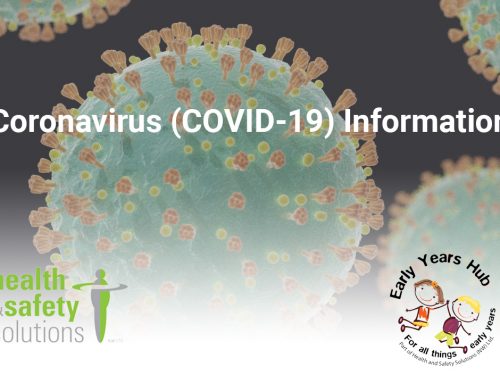
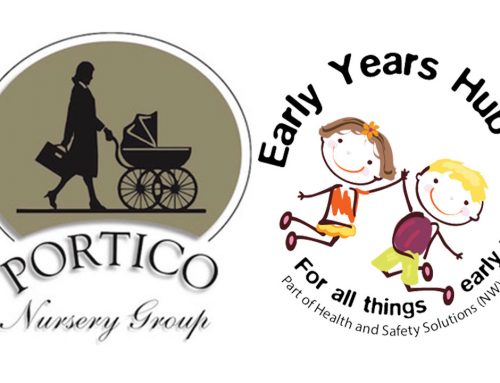

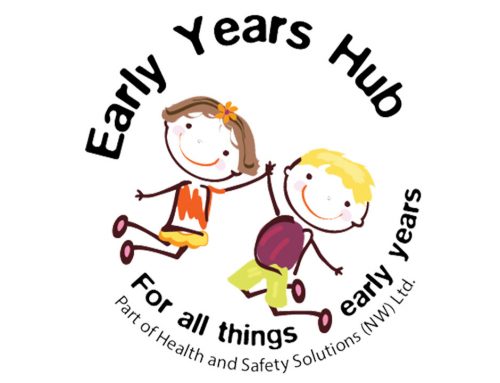
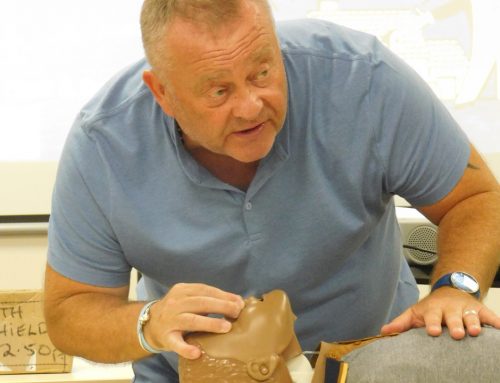
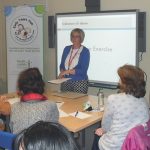







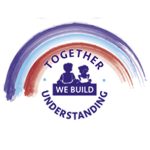

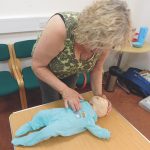
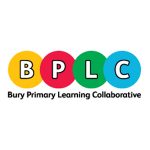
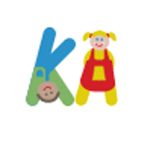

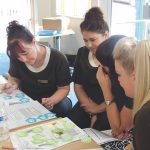



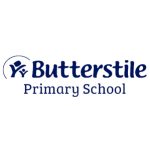
Leave A Comment